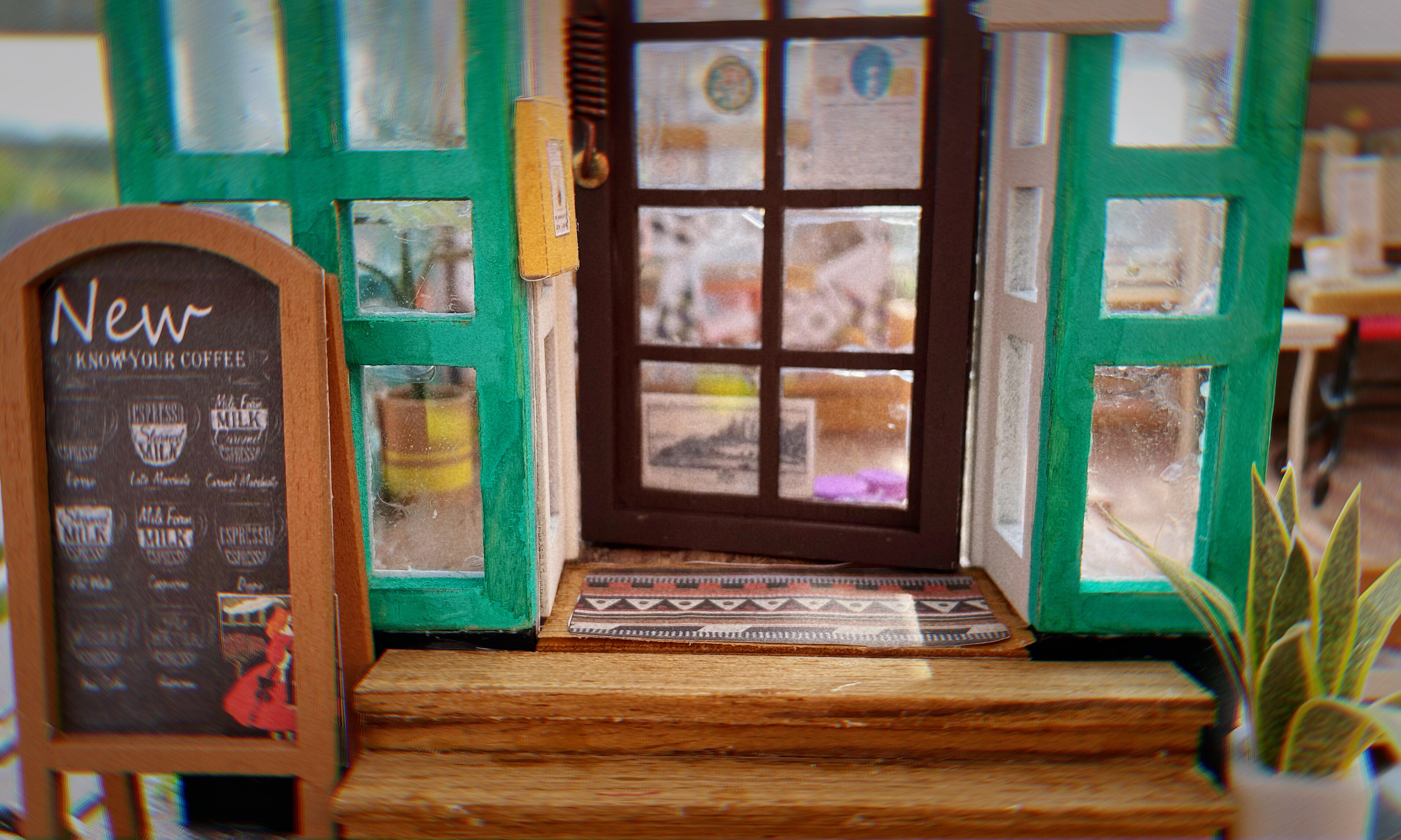in these classes that I was told that a minority of the human population being gay was potentially adaptive for ancestral tribes because these individuals could help support the overall community without spending energy on their own children. [...] like women who have passed menopause or people who could never bear children. [...] I have come to think of such ideas as deeply problematic, and at least partially incorrect. This is because it seems so obvious that these evolutionary arguments center heterosexuality.
Not long after this, bi, or two, started to be used to refer to people who had both homosexual and heterosexual desires. A way that bisexual researchers often talk about this is that the bi in bisexual means two, but the two are not men and women, they are same and other.
如果把 bi 解释成包含 hetero(another)和 homo(same)的话,那 heterosexual 不就是会被各种不同性别的人吸引的人?那这个范围比我们平时认知的异性恋要广很多了。。
No matter what your sexual identity, you can be promiscuous or unfaithful or never want to settle down with only one person . . . or you can be sexually conservative or faithful or want to be married with a white picket fence. The difference, however, is that as a bisexual person you are constantly asked why. Why do you want these things? Why do you have sex with the people you do? How can you know this is what you really want? Are you sure? How can you be sure? What if you change your mind?
I dream of a world where people stop asking bisexual people these questions, and instead ask themselves these questions.
